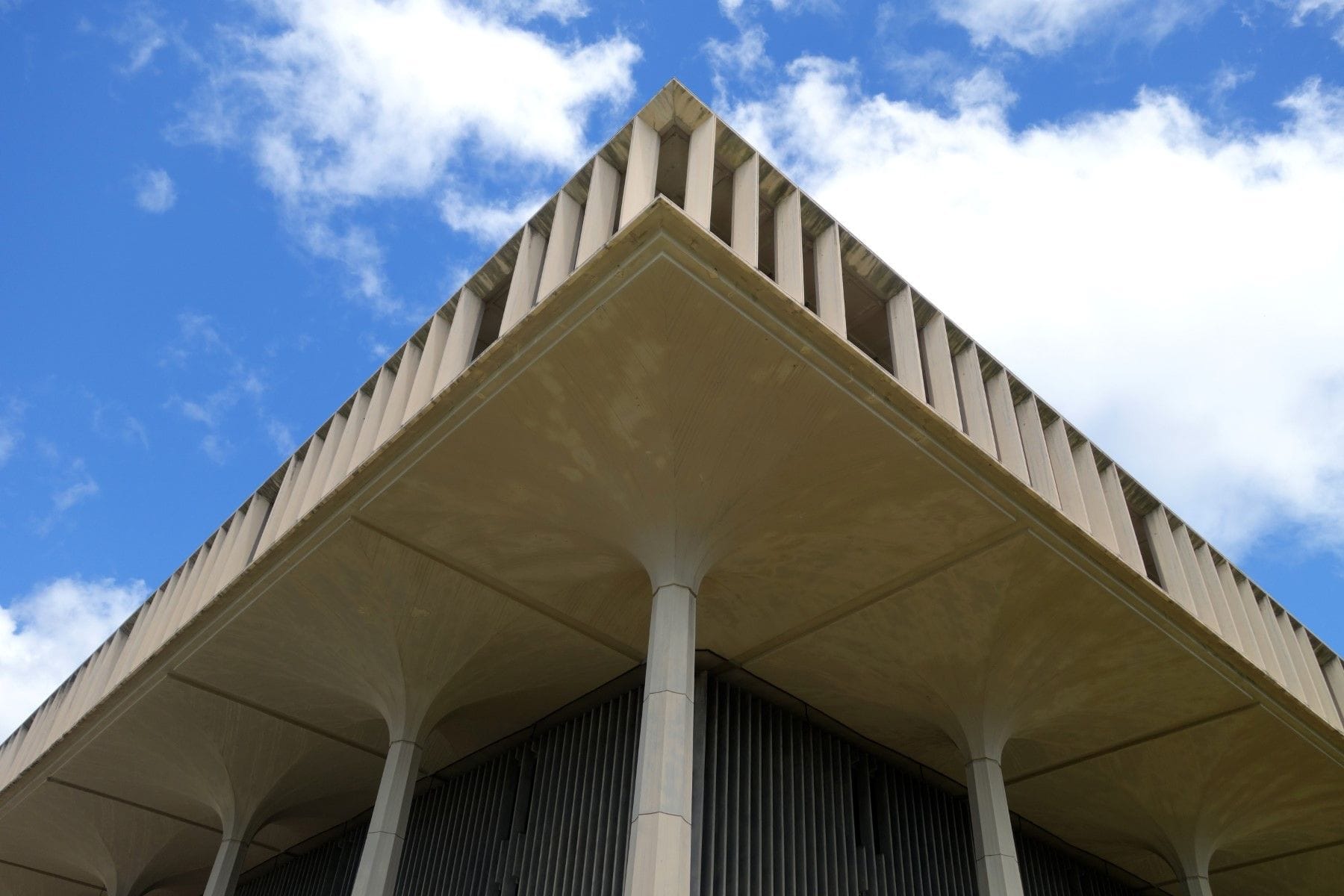Hawaii Expert Witness Disclosure Requirements
Hawaii mandates timely expert witness disclosures to uphold trial fairness, requiring detailed qualifications, opinions, and updates to prevent exclusion of testimony.
Updated on
In this article
When Are Expert Witness Disclosures Required in Hawaii?
In Hawaii, expert witness disclosures are governed by the state's rules of civil procedure, which align closely with the Federal Rules of Civil Procedure (FRCP). Specifically, Rule 26 of the Hawaii Rules of Civil Procedure (HRCP) outlines the requirements for expert witness disclosures. According to HRCP Rule 26(a)(2), parties must disclose the identity of any expert witness they plan to present at trial. This disclosure must occur at least 90 days before the trial date, although the court may set a different timeline based on specific case needs.
Initial disclosures are critical, and parties must adhere strictly to these deadlines. In cases where expert testimony is intended solely for rebuttal, disclosures are required within 30 days after the other party's disclosures. Additionally, the court may order specific deadlines for expert disclosures during pretrial conferences, which can vary based on the complexity and nature of the case.
Information That Must Be Included in the Disclosure
Hawaii's rules require comprehensive information to be included in expert witness disclosures, ensuring that the opposing party has sufficient detail to prepare for cross-examination and counterarguments. The disclosure must include:
- Expert Qualifications: A detailed account of the expert's qualifications, including their education, training, and professional experience. This may involve attaching a curriculum vitae (CV) or resume.
- Opinions and Bases for Opinions: A summary of the expert's opinions, along with the bases and reasons for these opinions. This section should include the methodologies used and the factual basis for the expert's conclusions.
- Data Considered: All data and information the expert considered in forming their opinions must be disclosed. This transparency allows the opposing party to assess the reliability and relevance of the expert's testimony.
- Fee Structures: Details about the compensation arrangement for the expert, including hourly rates and any additional fees, must be disclosed to evaluate potential biases.
- Prior Testimony: A list of other cases in which the expert has testified as an expert witness in the past four years. This history provides insight into the expert's credibility and experience.
Supplementing and Amending Expert Disclosures
The duty to supplement or amend expert disclosures in Hawaii is a critical aspect of the discovery process. Under HRCP Rule 26(e), parties are obligated to update their disclosures if they learn that the information initially provided is incomplete or incorrect in any material respect. This duty continues through the trial.
Supplementation is required when new information becomes available or when the expert's opinions change. Failure to update disclosures can result in significant consequences, including the exclusion of the expert's testimony. Courts in Hawaii emphasize the importance of timely and accurate disclosures to prevent surprise and ensure fairness in the trial process.
Consequences of Failing to Properly Disclose an Expert
Failure to comply with expert witness disclosure rules in Hawaii can result in severe penalties. The most significant consequence is the potential exclusion of the expert's testimony at trial. If a party fails to disclose an expert or their opinions appropriately, the opposing party may file a motion to exclude the expert. The court may grant such motions to maintain the integrity of the judicial process and prevent prejudice.
Sanctions under HRCP Rule 37 may also be imposed, which can include attorney fees and other costs associated with the disclosure failure. Beyond legal penalties, failing to disclose experts properly can damage a party's credibility and weaken their case, highlighting the importance of adherence to procedural rules.
State-Specific Rules and Key Considerations
While Hawaii's rules on expert witness disclosures are similar to the FRCP, there are state-specific nuances that legal professionals must consider:
- Local Court Rules: Different circuits in Hawaii may have specific local rules that impact disclosure timelines and requirements. Attorneys should consult local court rules to ensure compliance with any additional obligations.
- Judicial Discretion: Hawaiian courts have broad discretion in managing cases, including setting disclosure deadlines and determining the admissibility of expert testimony. Understanding the court's preferences and prior rulings can be advantageous.
- Cultural Considerations: Hawaii's unique cultural context may influence expert witness selection and disclosures, particularly in cases involving native Hawaiian rights or local practices. Sensitivity to these factors can be crucial in litigation.
In conclusion, expert witness disclosures in Hawaii require careful attention to detail and strict adherence to procedural rules. By understanding the timing requirements, necessary information, and potential consequences of disclosure failures, legal professionals can effectively navigate the complexities of expert witness management in the state.


